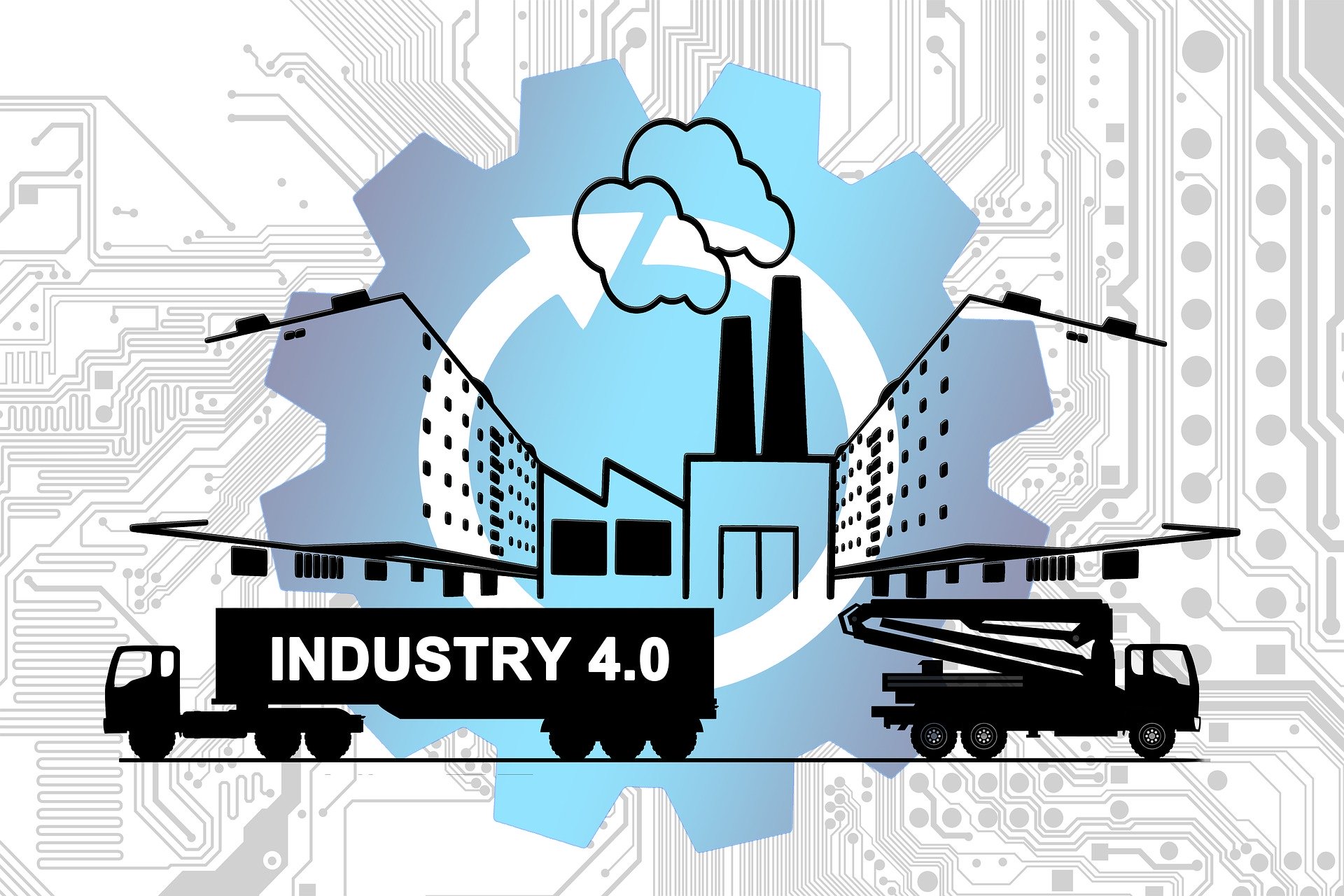Internet of Things
IoT technology can transform India in many ways: Deloitte Report
In case you are wondering what IoT (Internet of Things) is, well as Oracle defines it, as a network of physical objects. In other words, IoTs are things that are embedded with sensors, software and other technologies to connect and exchange data with other devices and systems over the internet. The Internet of Things (IoT) can make everyday life better and more comfortable by connecting standard products with people. And India is not too far from this technology.
As such, IoT technology has the potential to transform India in many ways. The demand for IoT in India, according to Deloitte’s latest report, ‘Harnessing the power of the Internet of Things to transform Industry in India’, is emerging across industries such as utilities, manufacturing, automotive, transportation and logistics. Every day customers are already using IoT enabled smart devices for health and wellness, tracking devices for personal safety and also the emerging smart home systems category. And the government whose flagship initiatives like Digital India and Make in India feature IoT as a critical enabler of public utilities and services. India and its technology competency are driving global innovations and helping realise possibilities, says the report.
To be globally competitive in the next five years and beyond, Indian manufacturing companies must be well versed with emerging technology trends driving IoT, commercialise innovative ideas into sustainable businesses and product development. Recent trends, such as the rise of the fourth revolution, Industry 4.0 and the convergence of the digital and physical worlds, including information technology and operations technology, have transformed the supply chain increasingly possible.
Also read: Gurgaon-based startup Zenatix launches WattMan Lite, an IoT product to control ACs and save bills by 30%
Shifting from linear, sequential supply chain operations to an interconnected, open system of supply operations known as the digital supply network could lay the foundation for how companies compete in the future. To fully realise the digital supply network, however, manufacturers likely need to unlock several capabilities. The report suggests horizontal integration through the myriad operational systems that power the organisation; vertical integration through connected manufacturing systems; and end-to-end, holistic integration through the entire value chain.
Also read: What did Arun Jaitley say about IoT, Blockchain Technology and Cryptocurrency in his Union Budget speech?
This integration, termed as the smart factory is a leap forward from more traditional automation to a fully connected and flexible system. According to the Deloitte report, a smart factory can integrate data from system-wide physical, operational and human assets to drive manufacturing, maintenance, inventory tracking and digitisation of operations, through the digital twin and other types of activities across the entire manufacturing network. And as such, the result can be a more efficient and agile system, less production downtime and a more remarkable ability to predict and adjust to changes in the facility or broader network. A true smart factory is a more holistic endeavour, moving beyond the shop floor toward influencing the enterprise and broader ecosystem.










































